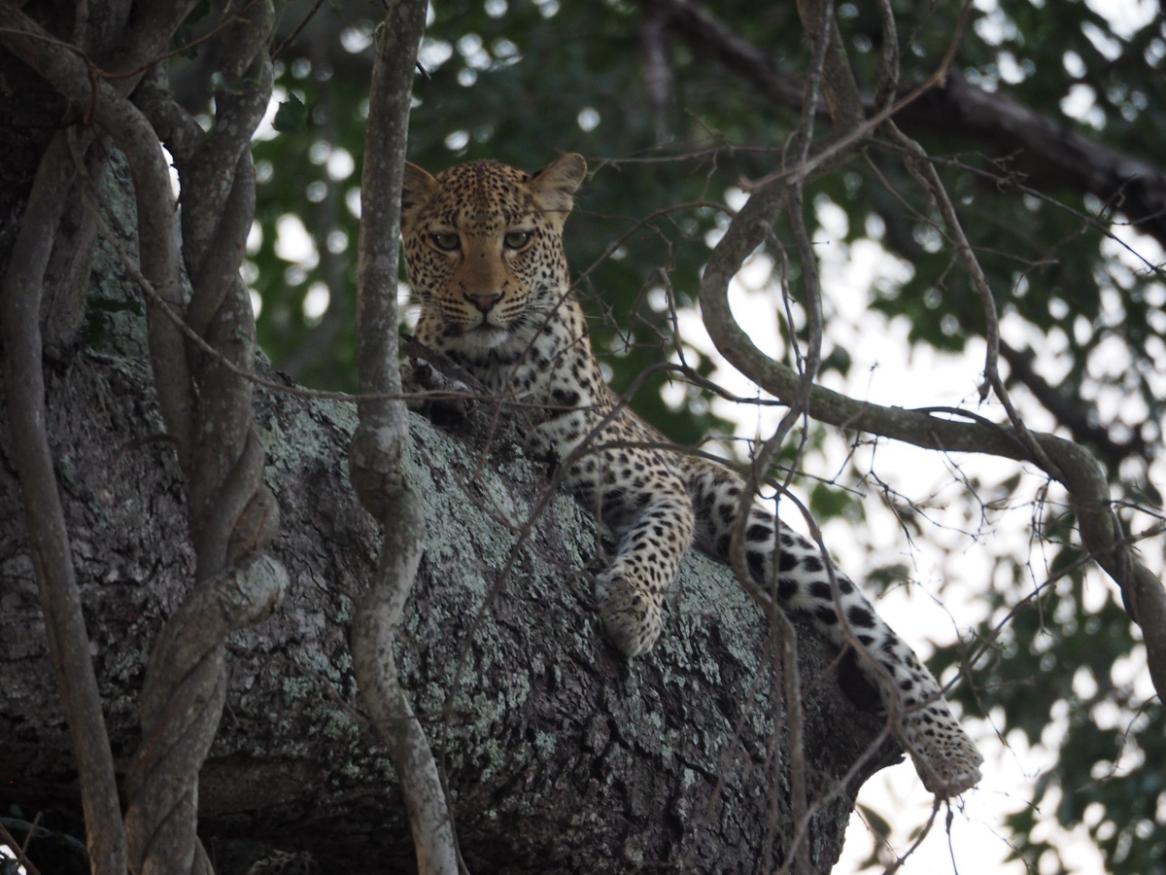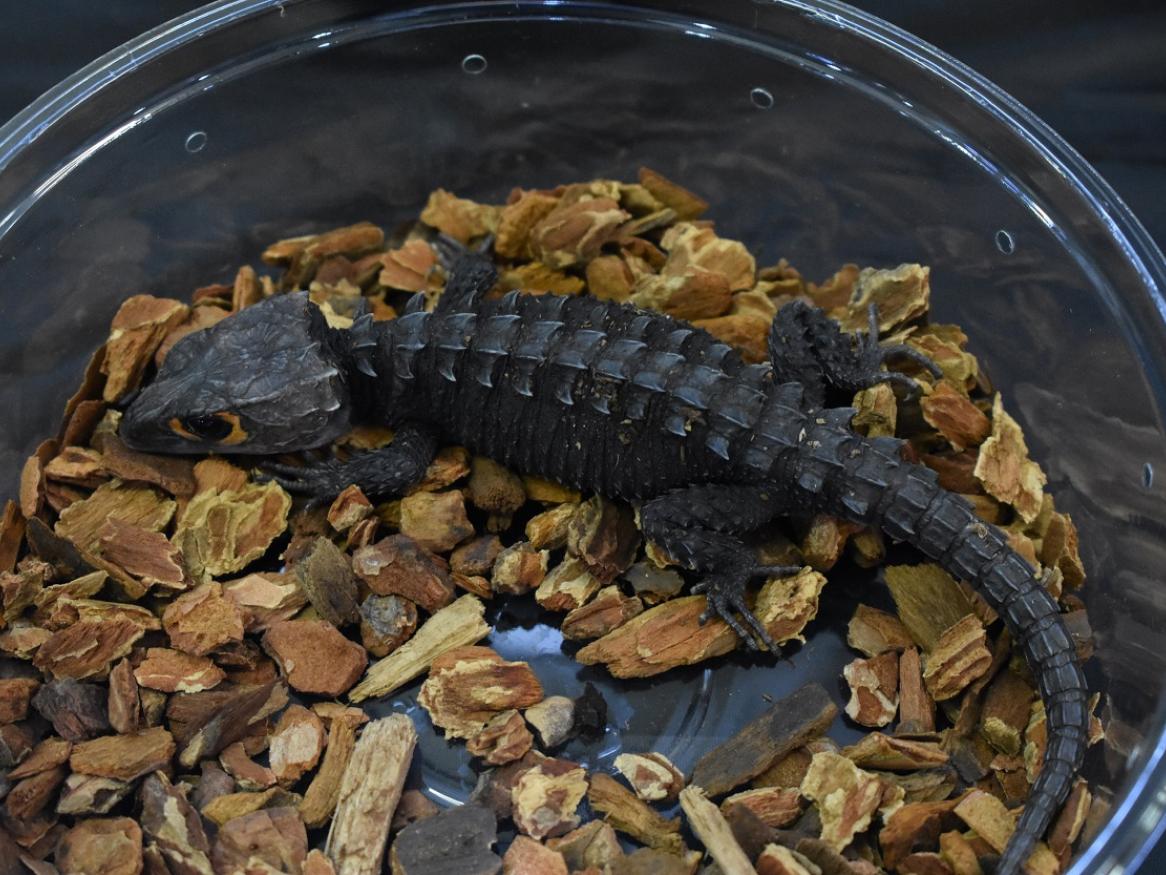News: biodiversity
High genetic diversity discovered in South African leopards

Researchers say the discovery of very high genetic diversity in leopards found in the Highveld region of South Africa has increased the need for conservation efforts to protect leopards in the country.
[Read more about High genetic diversity discovered in South African leopards]
Wildlife trade threatening unprotected animals

International trade in animals not regulated by multilateral agreements is putting them under increasing threat. More than three times the number of unregulated animal species are being imported into the United States compared to the number of regulated species.
[Read more about Wildlife trade threatening unprotected animals]
Ocean warming threatens richest marine biodiversity

An international team of scientists led by researchers from the University of Adelaide has revealed that rates of future warming threaten marine life in more than 70 per cent of the most biodiverse-rich areas of Earth’s oceans.
[Read more about Ocean warming threatens richest marine biodiversity]
Symposium grows urban mini forest knowledge

The Miyawaki Miniforest movement, which connects biodiversity and community, will be the focus of a two-day symposium that brings together experts from across the world.
[Read more about Symposium grows urban mini forest knowledge]
On a mission to discover unknown Australian species

Insect expert Dr Erinn Fagan-Jeffries from the University of Adelaide’s School of Biological Sciences, has thrown her support behind a new mission launched by the Australian Academy of Science’s Taxonomy Australia, to discover and document all unknown Australian species by 2050.
[Read more about On a mission to discover unknown Australian species]
Using the past to maintain future biodiversity

New research shows that safeguarding species and ecosystems and the benefits they provide for society against future climatic change requires effective solutions which can only be formulated from reliable forecasts.
[Read more about Using the past to maintain future biodiversity]
Past climate safe havens now most vulnerable

The profound threat of future climate change to biodiversity demands that scientists seek ever more effective ways to identify the most vulnerable species, communities, and ecosystems.
[Read more about Past climate safe havens now most vulnerable]
